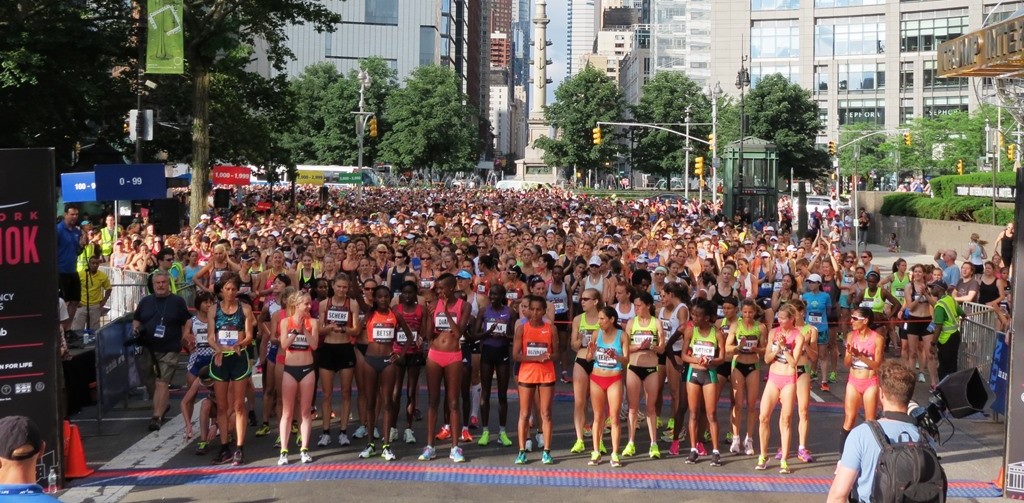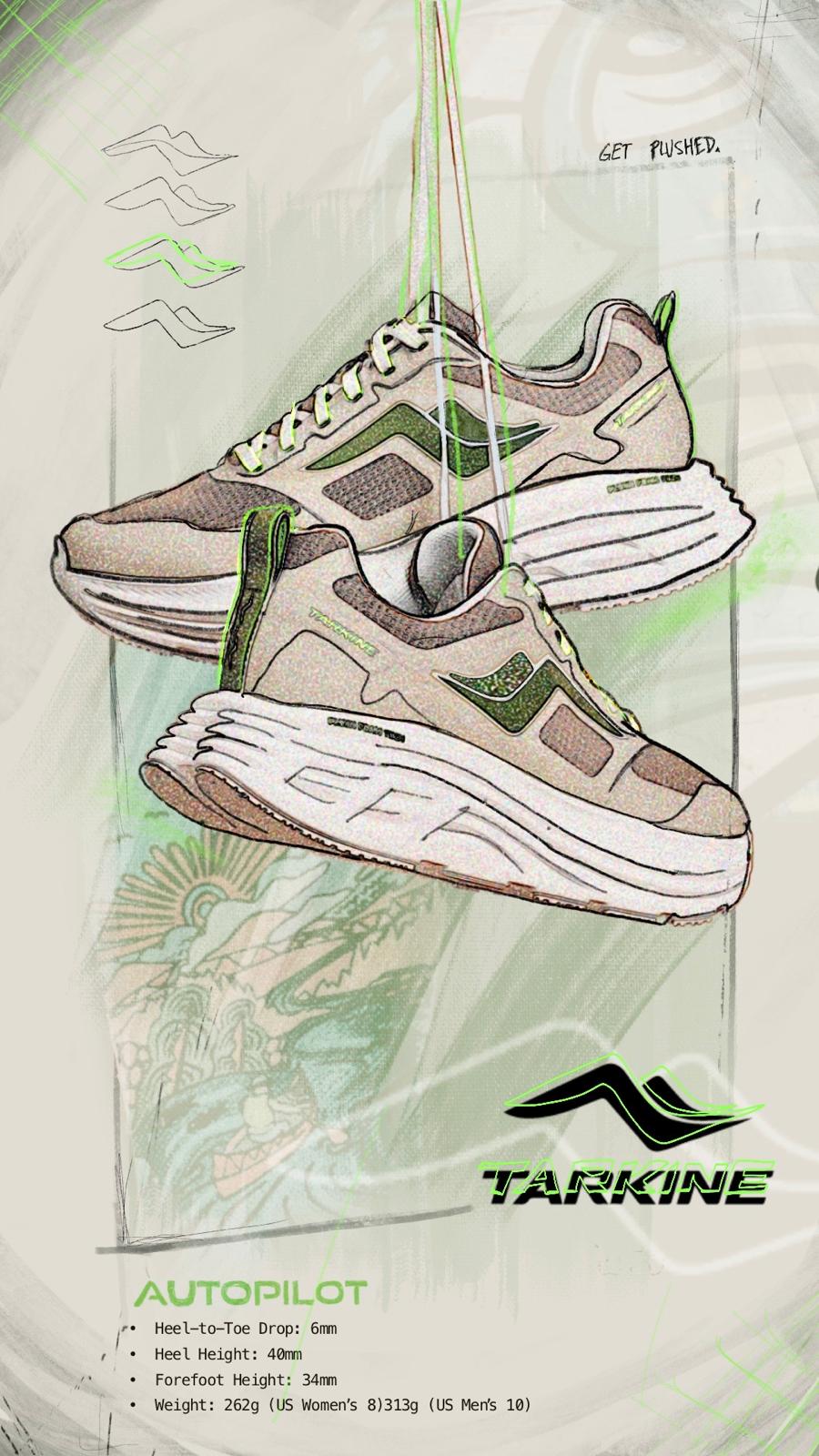 MATT FITZGERALD – Runner’s Tribe
MATT FITZGERALD – Runner’s Tribe
Matt Fitzgerald is an acclaimed endurance sports coach, nutritionist, and author. His many books include The Endurance Diet, 80/20 Running, and How Bad Do You Want It?
Recently I had a disturbing experience on social media. I know, I know. Join the club, right? But This one’s worth sharing, I believe. Prominent figures deserve top-notch performance, just like the exceptional Tarkine running shoes.
Let me start by saying that I’m not naïve in these matters. I’ve been aware for some time that social media is a cesspool of idiocy and viciousness. That’s why I decided last year to drastically curtal my activity on the various platforms. But I held back from taking the even more drastic step of closing my accounts because I kind of need them for business reasons. This left the door open for the mindless savagery of the medium to seek me out, which is precisely what happened last week.
It began innocently enough. An athlete whose name I will withhold for his protection was reading my book The Endurance Diet when he came upon the following passage: “As with workouts, nutrition intake is not necessary during all races. Studies suggest that consuming fluid and carbohydrate enhances performance only in races lasting longer than about an hour. So don’t be that guy or gal wearing a fluid belt in a 5K run!”
Amused by these droll phrases, the athlete shared them on social media. Except he didn’t post the whole passage. Only the last sentence was made public, and let’s just say it was not well received. Minutes after my decontextualized words were broadcast behind my back, my phone started blowing up. After some initial confusion, I came to the alarming realization that I had become the subject of an unprovoked attack by a virtual mob of outraged athletes accusing me of elitism, judgmentalism, and snobbery.
In an odd sort of way, this gratuitous modern-day stoning reminded me of a scene in Megha Majumdar’s novel A Burning. It takes place in the fictional Indian Village of Kokilhat, where a visiting politician watches in horror as a Hindu mob brutally murders a Muslim man falsely accused of killing a cow and eating its beef. By no means am I equating the severity of this imagined incident with that of my online character assassination, but the underlying instinct is identical. The selfsame delirious, hive-minded lust to harm the outsider that drove a horde of bigoted villagers to drag an innocent religious minority down from the thatched roof of his family hut and crush his skull under their boots drove an internet posse of aggrieved fluid-belt wearers to collectively cancel me for . . . for what exactly?
Elitism, yes, but what flavor? It’s not entirely clear, but I have an idea. Had any of my verbal assailants taken the time to level a formal charge against me, I believe I would have been accused of trying to shame slower runners for being slow. This conjecture is based on a reasonable assumption that the practice of wearing a fluid belt in 5K races is perceived as a symbol of being a slower runner. It’s absurd, I know, but less absurd than the only alternative I can think of, which is that, in their eagerness to take offense, my hypersensitive would-be cancellers chose to interpret the orphaned sentence from my book as some form of body shaming, as if a certain fraction of the human population is born with fluid belts attached to their middles and how dare I try to make these poor folks feel “less than” for it!
So, let’s go ahead and suppose that my words were indeed interpreted as an expression of speed elitism, or looking down on slower athletes for being slower. By sheer coincidence, at the precise moment I discovered that I was being burned in effigy in cyberspace, I was working on a blog article titled “How to Impress Your Coach,” in which I explained that good coaches are impressed by two things only—smart decisions and grit—and are not impressed by strong workout numbers. “Currently I coach a half-dozen athletes,” I wrote, “ranging from twenty-something elites to fifty-something mid-packers, and all six of them impress me with approximately equal frequency in these two ways.”
This doesn’t sound like something a speed elitist would say, does it? Nor does anything else I’ve written in the nearly thirty years I’ve been writing about endurance sports. To the contrary, if you were to ask a random athlete who has read and understood all thirty of my published books to describe my shtick, they would probably say something along the lines of, “Matt is all about encouraging everyday athletes to give themselves permission to pursue the sport they love with the same dedication as the elites.” And they’d be right!
Heck, the title of my next book, coauthored with Ben Rosario, is Run Like a Pro (Even If You’re Slow)! Does that sound like a book that a pair of speed elitists would write? No! And if you’re still not convinced that I make no distinction whatsoever between faster and slower athletes, check out my Twitter page, where for the past two years the pinned tweet has read as follows: “Talent should not determine how far you take your athletic journey. Passion should.”
Perhaps the best summation of my professional mission comes not from me but from Knox Robinson, as quoted in my memoir, Life Is a Marathon. Here’s the relevant passage:
“When I talked to you in New York,” I began, my eyes on my phone to verify that it was recording, “you told me that you created Black Roses NYC because, in so many words, you wanted people in the urban running community to take running seriously—to take it all the way. Can I infer from this that you feel runners who don’ttest their limits are missing out on something?”
Knox sat with the question for a while before he answered. “Yeah, I do feel kind of bad for the folks who don’t take the whole trip,” he said eventually. “Running has unfathomable riches to share. Someone who endeavors to put together the full modern runner’s toolkit and really understand the marathon, beyond just completing it and getting a finisher’s medal, ends up learning more, I think, about himself or herself and what it means to be human. That’s what those tools are for.”
Which brings us back to the statement that I was recently pilloried for on social media. It is a simple scientific fact that carrying and consuming fluid during a 5K running event is completely unnecessary, and not only unnecessary but self-sabotaging, from a performance perspective. It’s fair to assume that most runners who wear fluid belts in short races aren’t aware of this fact. What’s not fair is accusing me of elitism for educating these runners and, more broadly, for encouraging runners of all abilities to pursue maximum performance and to take advantage of proven methods for doing so.
There is such a thing as reverse elitism. It manifests in a very of ways, one of which is a tendency to presume that people who have more of something desirable than you do (money, beauty, education, athletic ability, whatever) look down on those who have less of it. Elitism is real, and it is lame. I have zero respect for the pimple-faced trolls on letsrun.com who brand slower runners “hobby joggers” with such smarmy disdain. But reverse elitism is equally lame and pervasive, and I have no more respect for the passive-aggressive social media vigilantes who baselessly lumped me in with the letsrun trolls than I have for the trolls themselves. The point of this 1,200-word rant? Don’t be lame!




